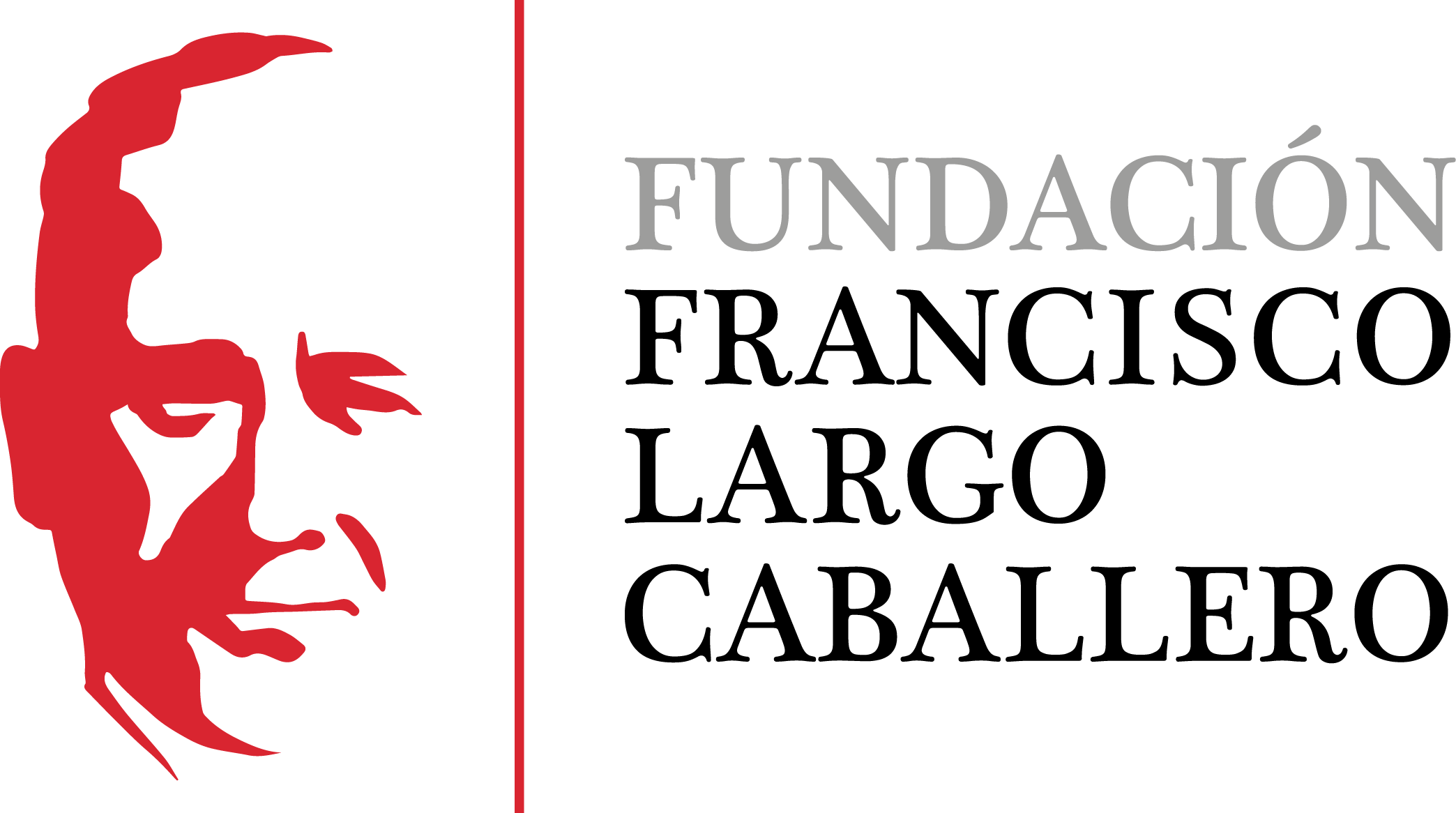The Hidden History of the Anarchist Atlantic: Errico Malatesta in America, 1899-1900
DOI:
https://doi.org/10.69791/rahc.125Keywords:
Anarchism, North America, transnationalismAbstract
In this article I retell an episode in the life of the Italian anarchist Errico Malatesta, a journey to North America undertaken between 1899 and 1900. In contrast to accounts that present such episodes as the wanderings of knights errant at the mercy of events, I recast Malatesta’s journey in terms of goal-oriented action, incorporating a complex background into my redescription. The task requires accounting for two inter-related characters of European anarchist movements: their transnationalism, i.e. their extending beyond national borders, and their cross-nationalism, or mutual involvement in each other’s national struggles. Much like “the hidden history of the revolutionary Atlantic” described in Linebaugh and Rediker’s Many-Headed Hydra, the history of anarchism has remained largely invisible to analyses of national scope. In contrast, Malatesta’s journey makes sense only within a transatlantic framework of analysis. I put Malatesta’s journey in perspective by showing that apparently local issues such as the editorship of a Paterson anarchist newspaper were relevant for the movement in Italy; that Spanish anarchists were instrumental in bringing Malatesta to North America; and that Malatesta’s involvement with Spanish anarchists was part of a fabric of personal contacts and common initiatives that could occur in Milan or Barcelona as in Buenos Aires, London, New York, or Havana. I conclude that Malatesta’s journey was not a diversion from his engagement in Europe, but was part of a sustained train of activity that knew no spatial or temporal break. It can only be understood in the context of a vast network of militants that was not limited to a national territory or a specific language, but relied on the transatlantic mobility and cross-national cooperation of its members.
Downloads
Global Statistics ℹ️
|
119
Views
|
30
Downloads
|
|
149
Total
|
|
Downloads
Published
How to Cite
Issue
Section
License
Copyright (c) 2014 Davide Turcato

This work is licensed under a Creative Commons Attribution 4.0 International License.
Alcores is an open-access journal. It provides unrestricted access to its content from the moment of publication. We respect intellectual property rights, and for this reason, the author retains the copyright. All content is distributed under a Creative Commons Attribution 4.0 International (CC BY 4.0) license. The terms of the license can be consulted at: https://creativecommons.org/licenses/by/4.0/
This license allows sharing (copying and redistributing the material in any medium or format) and adapting (remixing, transforming, and building upon the material for any purpose), provided that authorship and first publication in this journal are properly credited, a link to the license is included, and any changes made are indicated.
This type of license facilitates the freedom of reuse and ensures that the content of this journal can be used to meet research needs.









